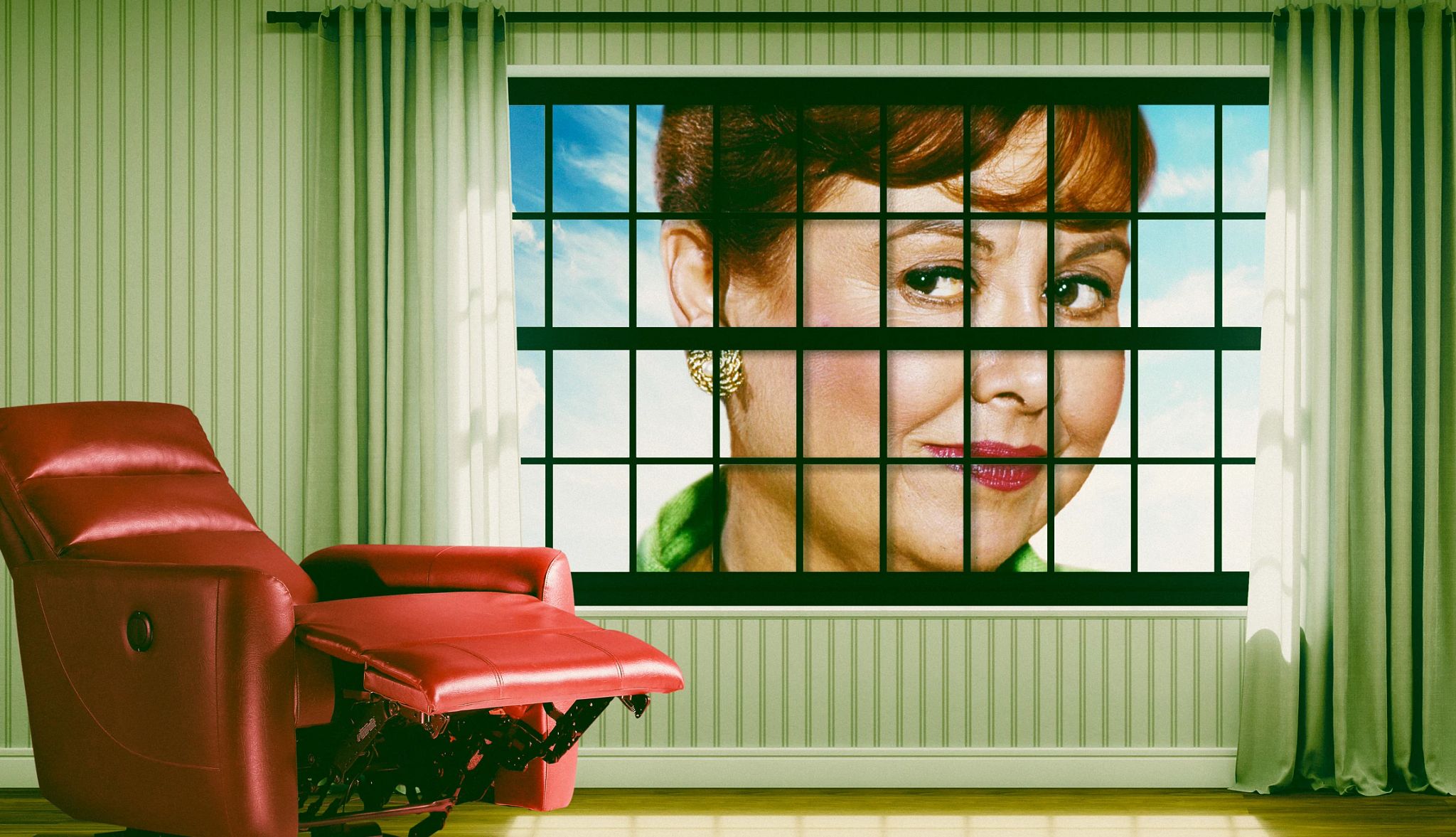Play all audios:
Rachel*, 46, from Cherry Hill, New Jersey, is a plane ride away from her 82-year-old father, Al, in southern Florida. Caregiving from afar has its challenges, and though she and her sister
visit regularly, it’s an imperfect situation as he becomes increasingly frail. “My father is the most determined person I know,” Rachel says. “Like so many in his generation, he’s proud of
his independence.” Al worked full-time in New York City’s garment district and went on to have a successful career in textiles before starting his own importing and sales business, which he
runs to this day. Far too early, Al became a caregiver to his wife, Margaret, when she was diagnosed with an autoimmune disease; in 2002, tragedy struck when Margaret suddenly died from a
cardiac arrhythmia at the age of 60. The dreams Al and Margaret had of travel and snowbirding were shattered, but Al forged ahead and started a new life, as an independent bachelor, dividing
his time between Florida and New York. Things in Florida were going swimmingly until 2015, when Al took a bad fall. After several months of recuperating in a hospital, he developed a
muscle atrophy condition that makes it more difficult to walk. Though physical therapy has helped, he is reluctant to do it on his own without professional supervision. One of Rachel’s big
frustrations is that he will not ask for help, which puts her in a caregiving conundrum. The result is that Al is an extreme fall risk, and he has fallen many times over the past few years,
always when Rachel was not there. After one fall, Al asked a neighbor for help, and the person gossiped about it throughout the condo complex where they live. It created an unhelpful
situation for Rachel, and she resented that the person didn’t have the grace or discretion to keep the incident private. After another fall, a neighbor who came to the rescue had a
grandmother who had Parkinson’s, which gave the neighbor empathy around the desire for independence. On the phone with the woman later, Rachel was grateful for her kind attitude and
understanding. “It definitely reminded me there is a right way to respond, rather than just telling someone what they should do,” Rachel says. “Empathy and compassion are very different
than pity. And they are so appreciated in every caregiving situation.” Al’s falls keep occurring — along with the unsolicited commentary from neighbors. Rachel is adamant that she and her
sister are not oblivious to what’s happening with their father’s mobility, but every time they raise the issue of moving, he refuses, preferring to stay in his apartment. “We wish he’d be
more accepting of help and regularly do his PT, but we don’t need outside people giving their unsolicited opinions. Honestly, what is the alternative? Tie him down inside and make him do his
exercises?”

